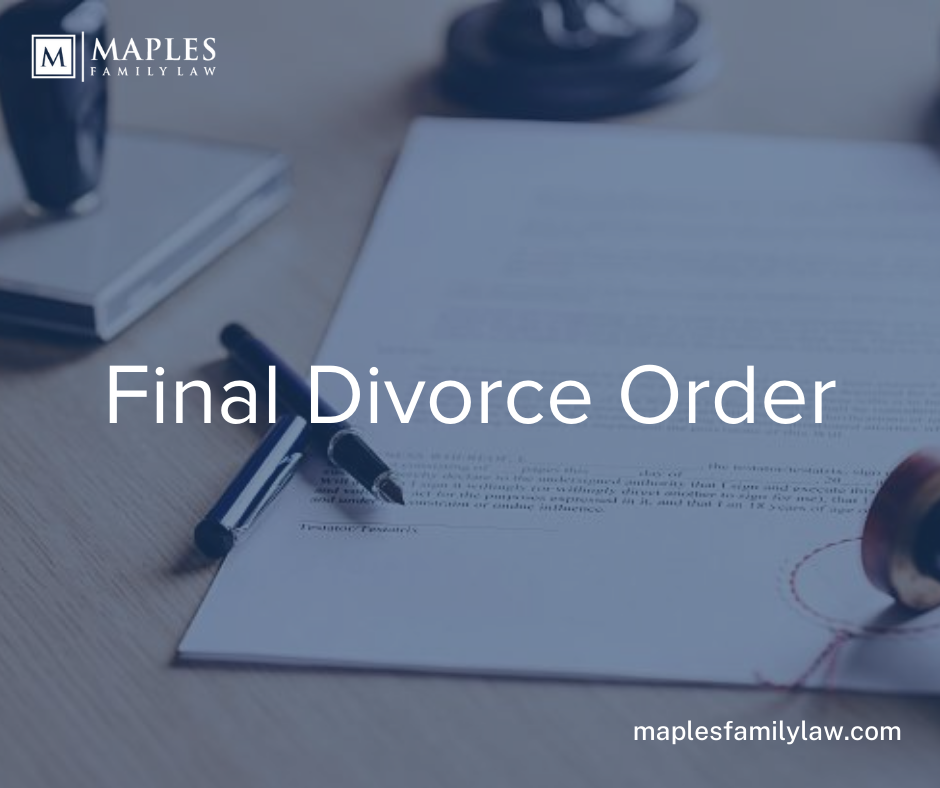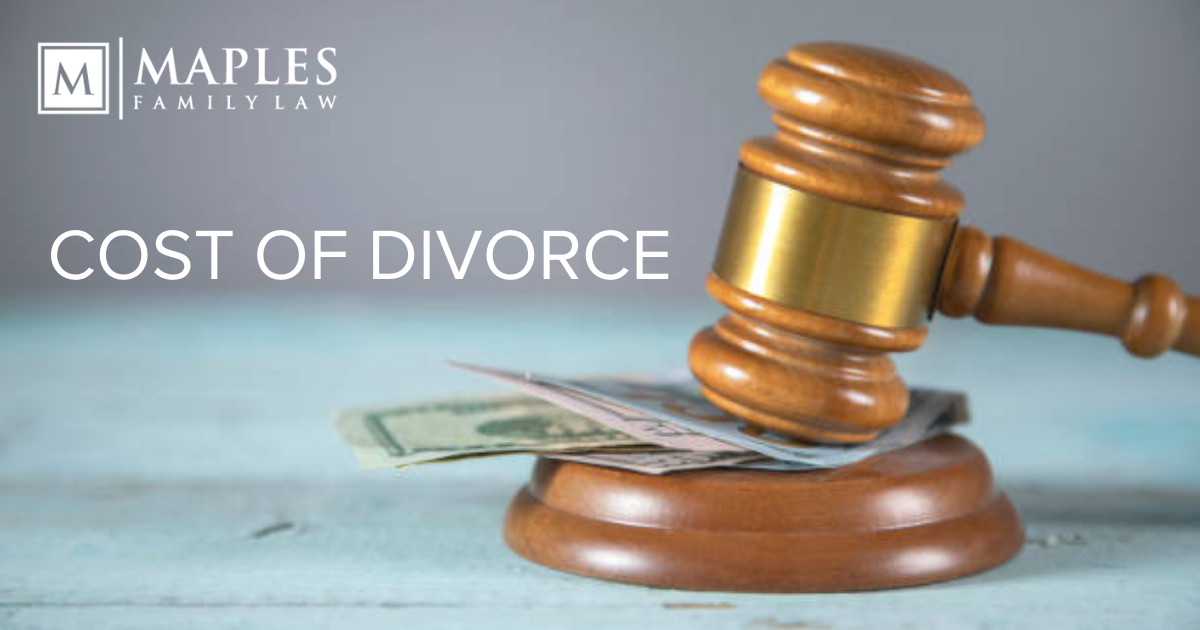 Divorce
Divorce
Dividing Retirement Assets in a Divorce
Dividing retirement assets in a divorce can be complicated – and in many cases, it requires preparing a QDRO and hiring a professional to get an accurate value. Even if it’s relatively simple, you’ll still need to account for it in your divorce settlement. In many cases, you’ll have to split some of what’s in your retirement account.
Related: Retirement and divorce settlements
Dividing Retirement Assets in a Divorce
 In some cases, both spouses agree to keep their own pensions and retirement accounts without taking any part of the other spouse’s. However, when one spouse doesn’t have a retirement account – or when one has a much smaller retirement asset than the other does – the courts may order the couple to split these assets.
In some cases, both spouses agree to keep their own pensions and retirement accounts without taking any part of the other spouse’s. However, when one spouse doesn’t have a retirement account – or when one has a much smaller retirement asset than the other does – the courts may order the couple to split these assets.
You are absolutely free to reach your own agreement with your spouse rather than fighting over retirement assets in your divorce. In fact, your attorney will probably suggest that you come to an agreement on your own rather than litigating; that’s because it’s simpler and more cost-effective for you to hash things out with your spouse.
Unfortunately, some spouses are completely unwilling to negotiate. In cases like those, your attorney can fight hard to preserve your rights and ensure that dividing retirement assets in your divorce is a fair, equitable process.
Dividing Retirement Assets in a Divorce: Community or Separate Property?
Retirement assets can be community property – as in they belong to both of you – or they can be separate property that belongs only to one spouse. They can even be a mix of the two.
| Retirement Assets as Community Property | Retirement Assets as Separate Property |
| If you contributed to your pension while you were married, it is most likely community property unless you addressed retirement assets in a valid prenuptial agreement. | If you contributed to your retirement assets before you were married, but not during your marriage, it’s most likely considered separate property that belongs to you alone. |
What if the Retirement is Covered in a Prenup?
 Many divorcing couples in California have prenuptial agreements, which can cover all kinds of things about property division. In your prenup, you and your spouse may have agreed to several things, including the rights and obligations you each have when it comes to property (even if it was acquired during your marriage) and spousal support.
Many divorcing couples in California have prenuptial agreements, which can cover all kinds of things about property division. In your prenup, you and your spouse may have agreed to several things, including the rights and obligations you each have when it comes to property (even if it was acquired during your marriage) and spousal support.
If a retirement account is included in your prenuptial agreement, it’s a good idea to talk to your attorney about it. The prenup can’t be grossly unfair – if it is, the court may find that all or part of it is invalid.
Related: Prenups in California
How Does Payout Work After You Divide Retirement Assets in a Divorce?
If one spouse is entitled to part of the other spouse’s pension, the payout depends on the plan. Different retirement systems have different processes.
For example, when you’re dealing with a military retirement account, the length of the marriage determines whether the participant (the person who earned the benefit through military service) pays the alternate payee (his or her spouse) or the money comes directly from the Defense Finance and Accounting Service.
In other cases, such as when you must file a qualified domestic relations order, or QDRO, the payout usually takes between 60 and 90 days. That’s because the plan’s administrator has to process the documents and set the wheels in motion. Every plan is different, however, so yours may happen more quickly or it may take longer.
The bottom line: When you divide retirement assets in a divorce, several factors determine how the payout works and how long it takes. Your Stockton divorce attorney will be able to give you more specific guidance when she has all the facts of your case.
Related: Divorce and pension payout
Do You Need to Talk to a Lawyer About Dividing Retirement Assets in a Divorce?
If you need to talk to an attorney about dividing retirement assets in a divorce, we’re here to help. Call us at 209-546-6870 to schedule a consultation with an experienced divorce and pension attorney. We’ll answer your questions and start building a strategy that gets you the best possible outcome.






